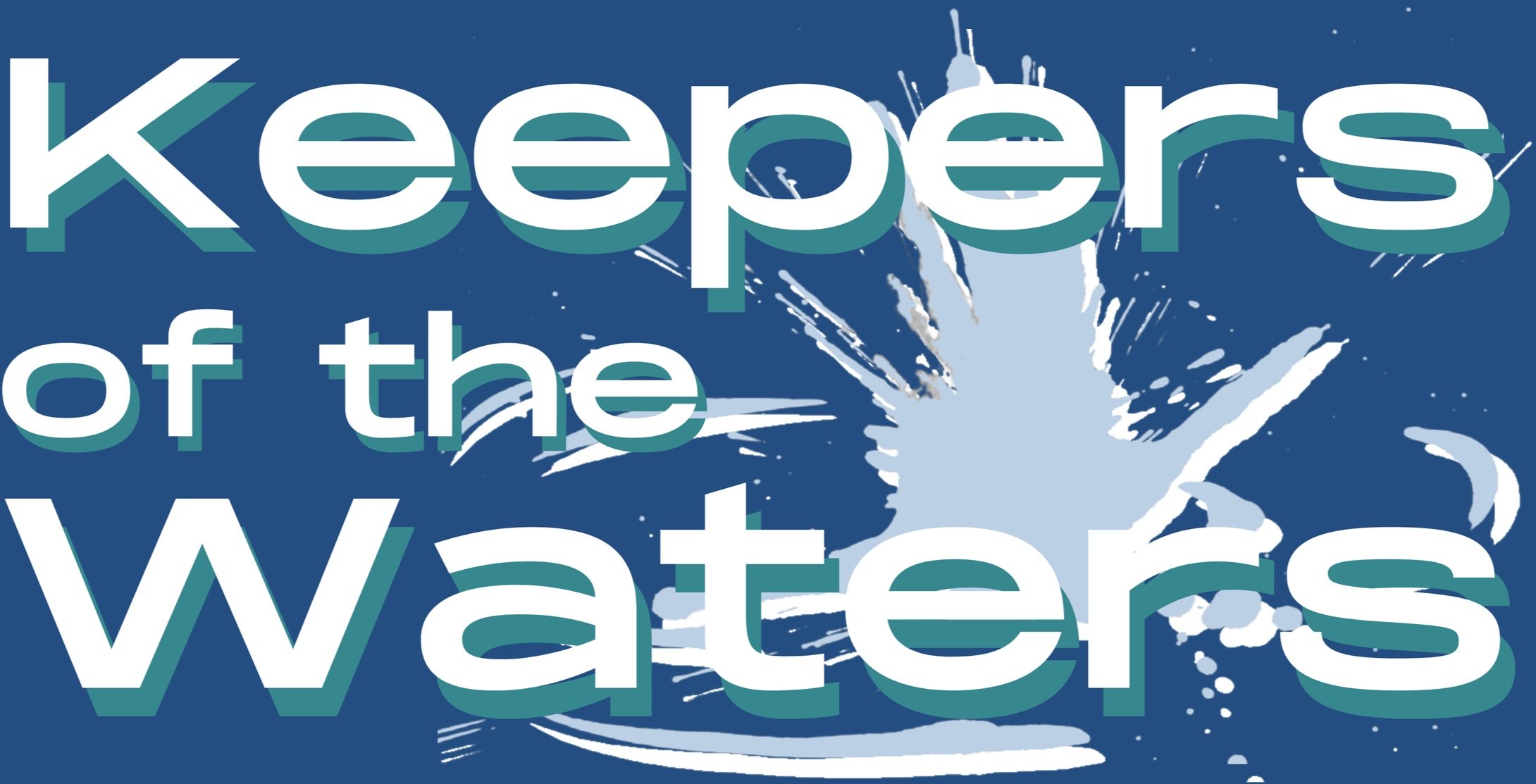Microplastics, Macro Problems
When we think of plastic pollution, we picture bags and bottles floating at sea. But the bigger problem is much “smaller”.
Source: Chesapeake Bay Program
MICROPLASTICS ARE OFTEN TOO SMALL TO BE FILTERED OUT BY OUR WATER TREATMENT FACILITIES
When we think of plastic trash, heartbreaking images of animals caught in plastic bags come to mind. But some of the dangers of plastics are almost invisible. Microplastics, or fragments of plastic smaller than .5mm, pose an existential threat to entire ecosystems—and even humans.
The problem with microplastics is that they are too small to be filtered out by water treatment facilities. 5.25 trillion plastic particles currently circulate in ocean surface waters. Sea animals accidentally eat or inhale these particles, and then the particles make their way up the food chain. Because they’re not biodegradable or digestible, microplastics in a small fish end up in a bigger fish higher on the food chain. Then, they even end up in people.
Microplastics damage organs and introduce toxic chemicals into marine life. Chemicals like BPA and pesticides disrupt hormones, immune systems, and reproduction. The consequences are staggering: the World Wildlife Fund estimates that 50% of marine life has been lost over the past 50 years, in part because of microplastics.
The good news is that microplastics are the easiest plastics to avoid. You can check for polyethylene, the most common plastic found in marine life, on product labels. Changing your habits doesn't have to mean sacrifice—each year, more and more eco-conscious products are available.
What you can do:
Don't buy bottled water
Say no to plastic cutlery
Buy clothes made from natural fabrics
Get a reusable coffee cup
Stop buying gum
Use reusable containers for leftovers instead of plastic wrap and aluminum foil
Bring your own bag to the grocery store
Avoid beauty products that contain microbeads
Boycott polyethylene
Eco-check products at beatthemicrobead.org


